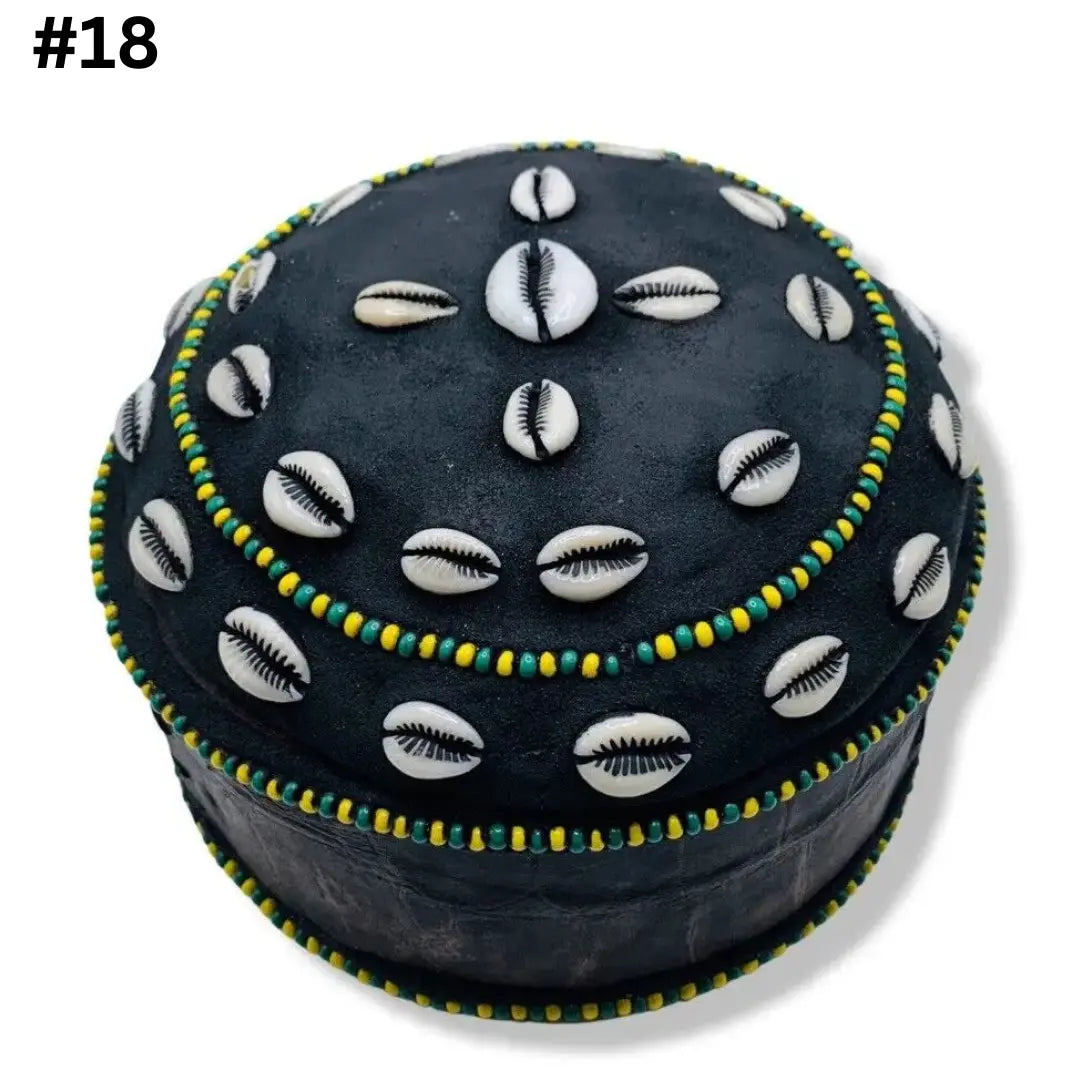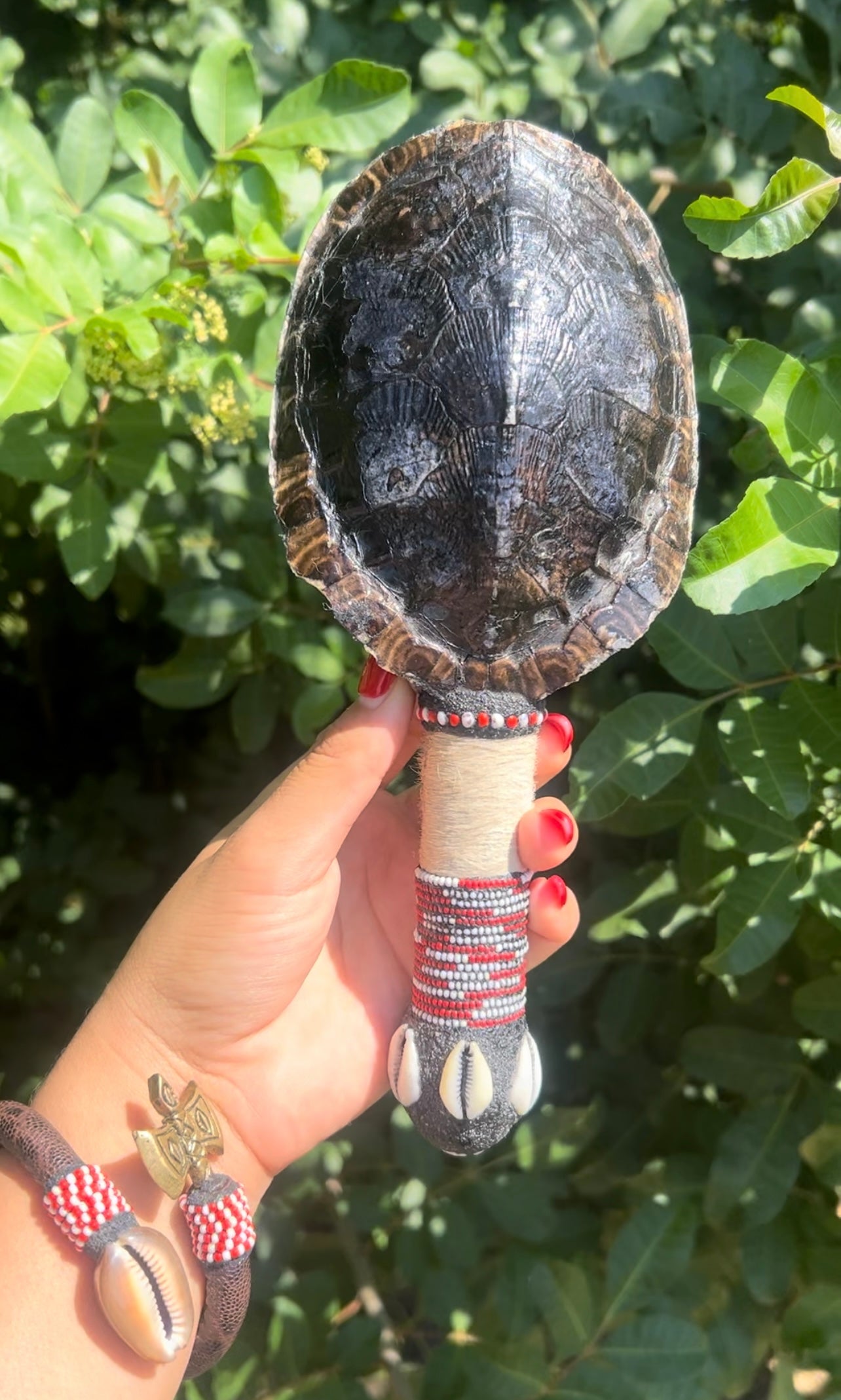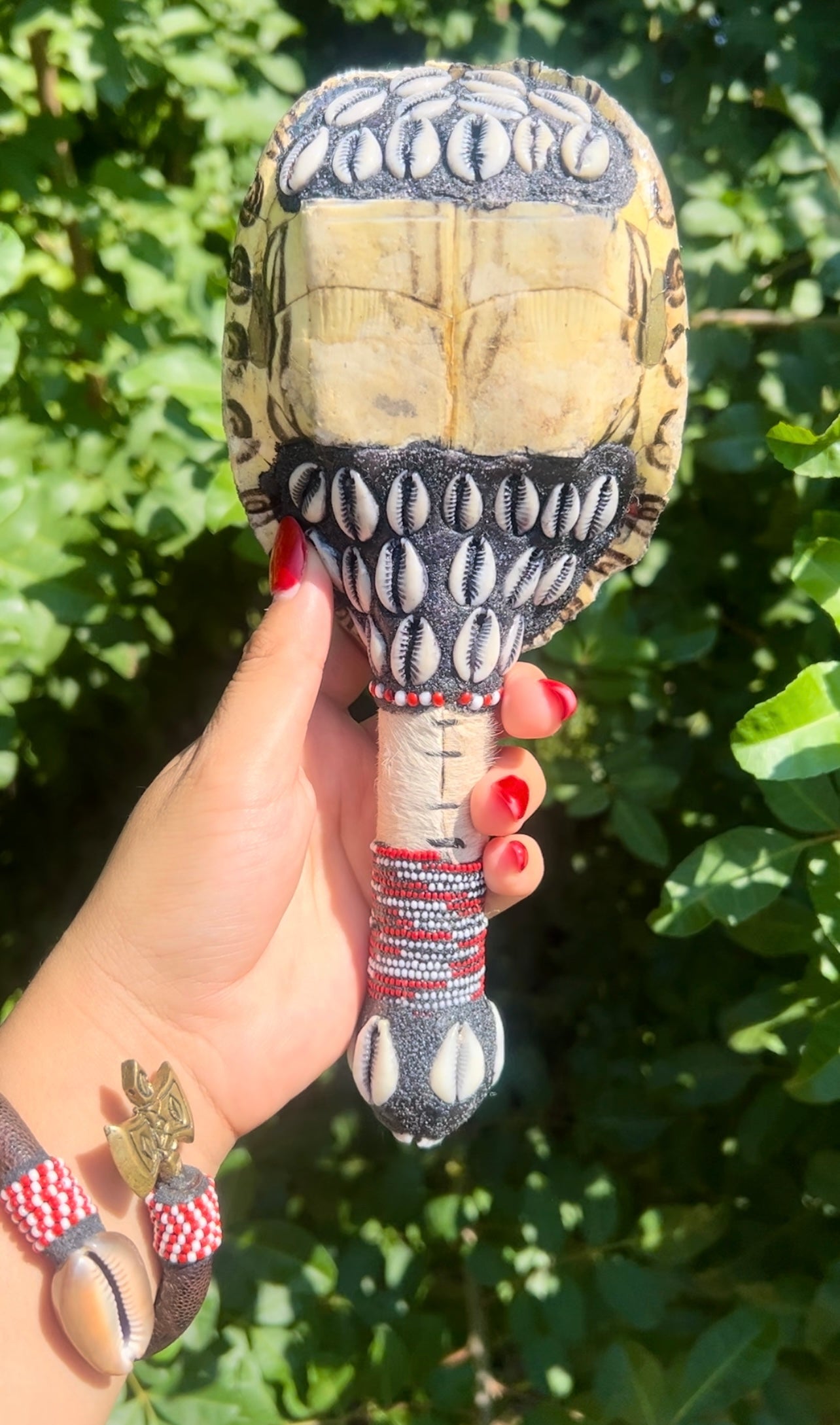Yewá: The Orisha of Purity and Chastity
Yewá stands as a significant figure in both African and Afro-Caribbean traditions, symbolizing solitude, emotional restraint, and epitomizing female chastity. Her influence stretches to the sacred terrains of cemeteries, with her essence residing within the coffins.

Introduction to Yewá
Yewá's worship traces its origins to the Yewa River in Africa. Initially venerated by the Mahi ethnic group from the Dahomey region, the Yorubas later embraced her, celebrating her purity and beauty. In Afro-Cuban traditions, she's linked with the white stripe of the rainbow, representing virginity and purity.
Who is Yewá?
Translating to "our mother" in Yorùbá, Yewá hails from Dahomey, though some believe she resided in Egwadó, Nigeria. As a river goddess, she's associated with the river named after her, which flows alongside the Nigerian coast into the Lagos lagoon. Especially revered in Santiago, Cuba, her connection with death is profound, guiding the recently departed to Orisha Oyá within cemeteries. Beyond her funerary role, she's recognized for her sailing, fishing, and affinity for gardens and dyed aura feathers.
Origin and Evolution
Yewá's veneration began in the lands of Dahomey, Africa. Over time, her worship adapted, influenced by various cultures. Her reverence spread from Africa to Cuba, with her association with death and the afterlife remaining constant.
Yewá in Different Cultures
In Africa, the Yewá river is her abode. However, her origin sparks debates. In Cuba, she seems to have amalgamated traits from various regional cults, yet her worship remains undeterred.
Characteristics of Yewá
Physical Description
Yewá's beauty is unparalleled, captivating even Shango. Her followers maintain decorum in her presence, reflecting the respect she commands. Legends say she occasionally dons masculine attire, visiting Olokun and enjoying the reefs.
Yewá's Tools and Symbols
Her number is 11, and her day of celebration is October 30. Her tools include pink stones, shields, angels, snail hands, and more. Her attire is predominantly pink, adorned with numerous snails.
The Sons of Yewá
Yewá's children mirror her pure and enigmatic nature. They're known for their strong character, moralistic views, and spiritual strength.
Yewá in Santeria
Consecration in Santeria
To engage in any ceremony with Yewá, one must abstain from sexual activity for at least 48 hours prior. Her children are consecrated in Kariosha by crowning Yewá with gold Oshun.
Offerings to Yewá
In Santeria, offerings to Yewá include fish, gofio balls, peanuts, and pink fruits and flowers. The animals sacrificed to her are young and virgin, including goats, white hens, pigeons, and guinea.
Yewá in Myths and Legends
Orunmila's Refuge
In this tale, Orunmila, named Awó Yagadá in Osha Lakueré Inle (Yewá's land), constantly faced challenges with Ikú (death). However, with Yewá's intervention, he evaded death, leading to a deep bond between them.
Yewá's Vanishing on the Mount
In Ababa Nogba Okonile, Yewá lived peacefully. One day, she ventured into the mountains and got lost. Despite efforts to find her, only her spirituality returned.
Yewá in Catholic Religion
Yewá is syncretized with the Virgin of Monserrat in Catholicism, both symbolizing chastity.
Conclusion
Yewá's significance in various traditions underscores her multifaceted nature. As a symbol of purity, chastity, and death, her influence is profound, offering insights into the interconnectedness of life, death, and spirituality.
FAQs
-
Who is Yewá?
- Yewá is an Orisha representing purity, chastity, and death in both African and Afro-Caribbean traditions.
-
Where did Yewá's worship originate?
- Her worship traces back to the Yewa River in Africa.
-
What are the characteristics of Yewá's children?
- They are known for their pure nature, strong character, and spiritual strength.
-
How is Yewá venerated in Santeria?
- She is offered various foods and animals, and specific rituals are performed in her honor.
-
How is Yewá related to the Catholic religion?
- She is syncretized with the Virgin of Monserrat, both symbolizing chastity.

Keywords
-
Yewa Orisha
-
Purity and chastity
-
Yewa's origins
-
African and Afro-Caribbean traditions
-
Yewa in cemeteries
-
Spiritual purity
-
Yewa's tools and symbols
-
Ancestral veneration
-
Yewa's children
-
Yewa in Santeria











